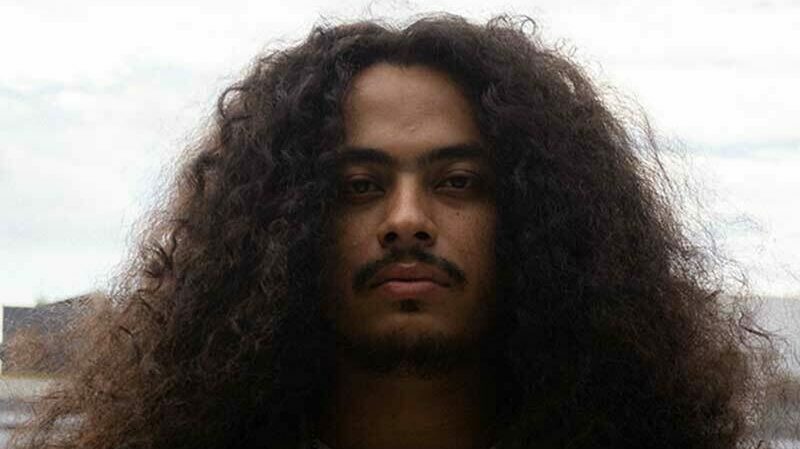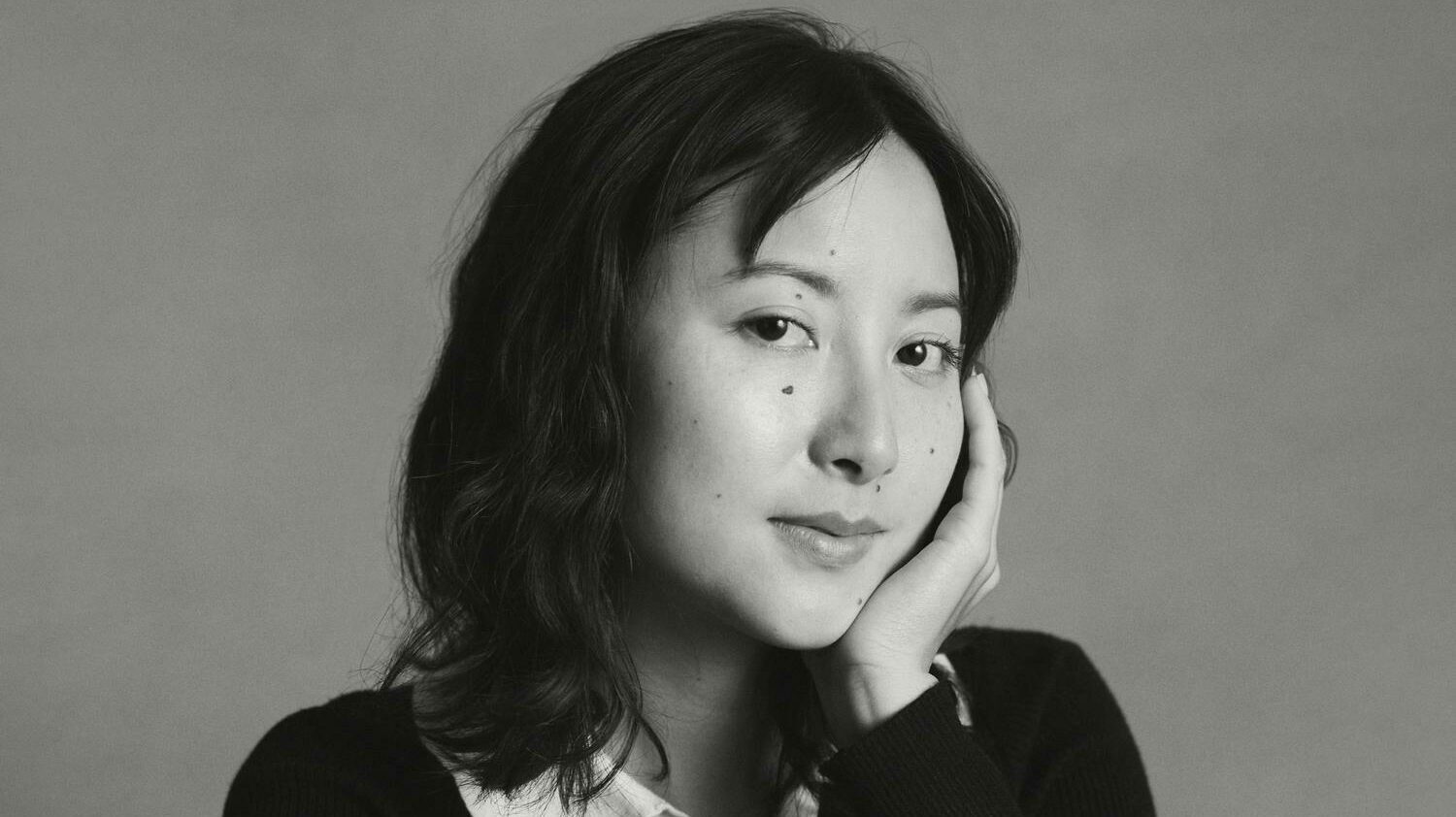‘BeHEARD! I Am Who I Say I Am,’ Offers Personal Stories of Why Gender Affirmation Matters
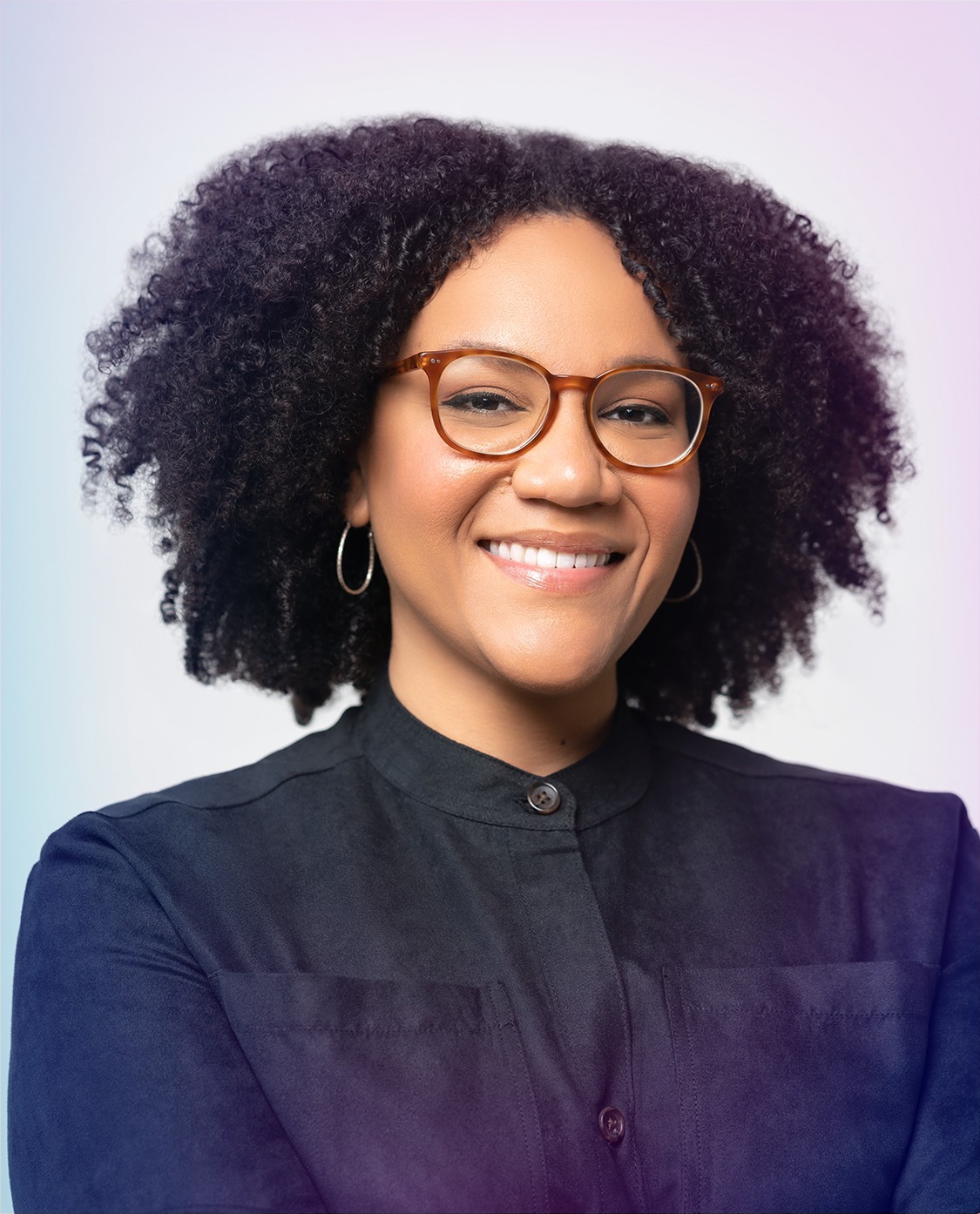
Sophia Clark (they/them) is a multiple New York Emmy-nominated producer of commercial, indie, digital, broadcast, and audio entertainment. In 2022, they were commissioned by Black Public Media to direct "BeHEARD! I Am Who I Say I Am." The series of three short films has since won a Silver Anthem Award and was submitted to the PBS Short Film Festival by Black Public Media. In the following Q&A, Clark discusses their approach to making a film on the timely topic of gender affirmation.
BPM: For generations, gender nonconforming people have been expected to live invisibly, conforming to social rules that they had no say in creating. "BeHEARD! I Am Who I Say I Am" pushes back against that construct, affirming people’s right to live openly and be recognized on their own terms. Why did you feel that this was the right time for this type of film?
Sophia: The short answer is that I think it’s been time. I also felt like the quality of conversations that I had been having on the gender binary were increasingly earnest, whereas before I would have described them as mostly dismissive or upsetting. And I felt like I wanted to reply to that earnest desire to understand with something fun, accessible and beautiful.
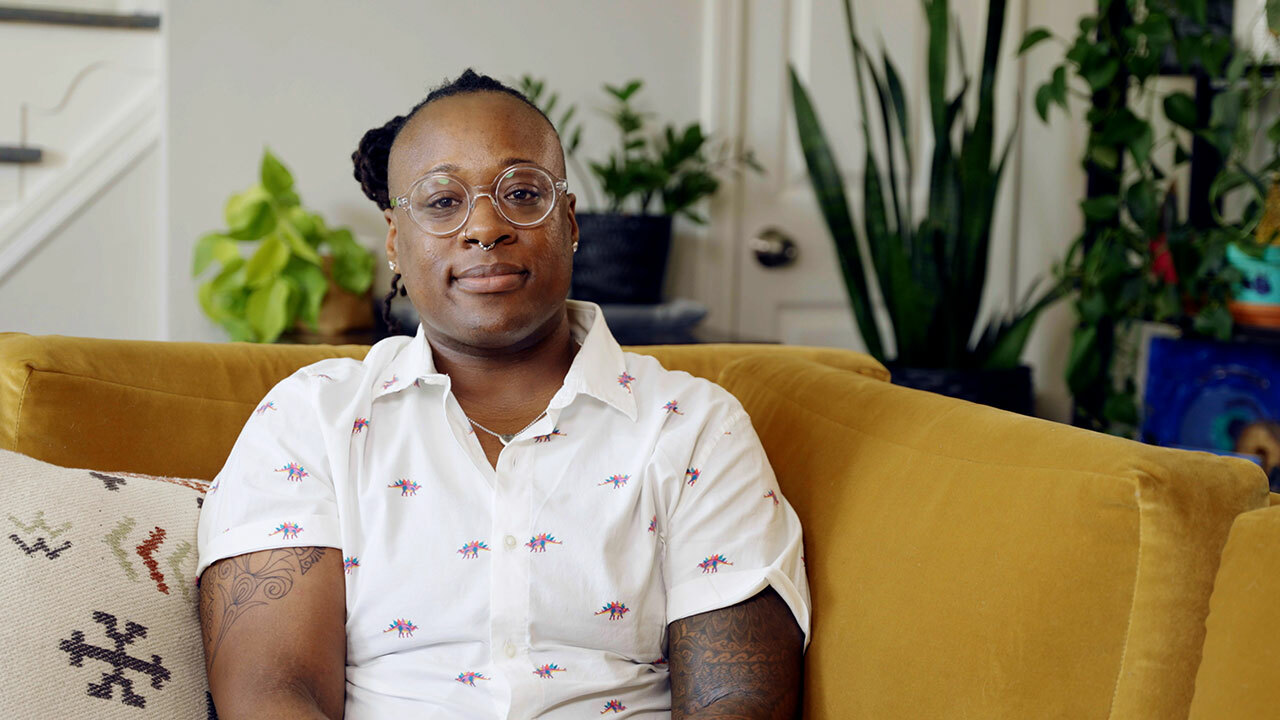
BPM: All three of the "I Am Who I Say I Am" films feature people who are highly relatable: an educator, a healthcare provider, and a mother and her adult child. The tone of each film is very relaxed and conversational; they’re not preachy or condescending. Was that intentional from the outset? Or did it emerge organically while making the films?
Sophia: As a documentarian, it’s my job to show what’s there. None of the subjects were condescending and we all shared a similar desire to not position ourselves as authorities or spokespersons on the subject. Every single participant wanted to help people find productive and respectful avenues for communication because we all deeply felt like that’s what is needed to empower people to decolonize how they think about gender. Conversations are always more relatable and accessible than lectures, so that was an intentional guard rail, but mostly I just let people say what they feel.
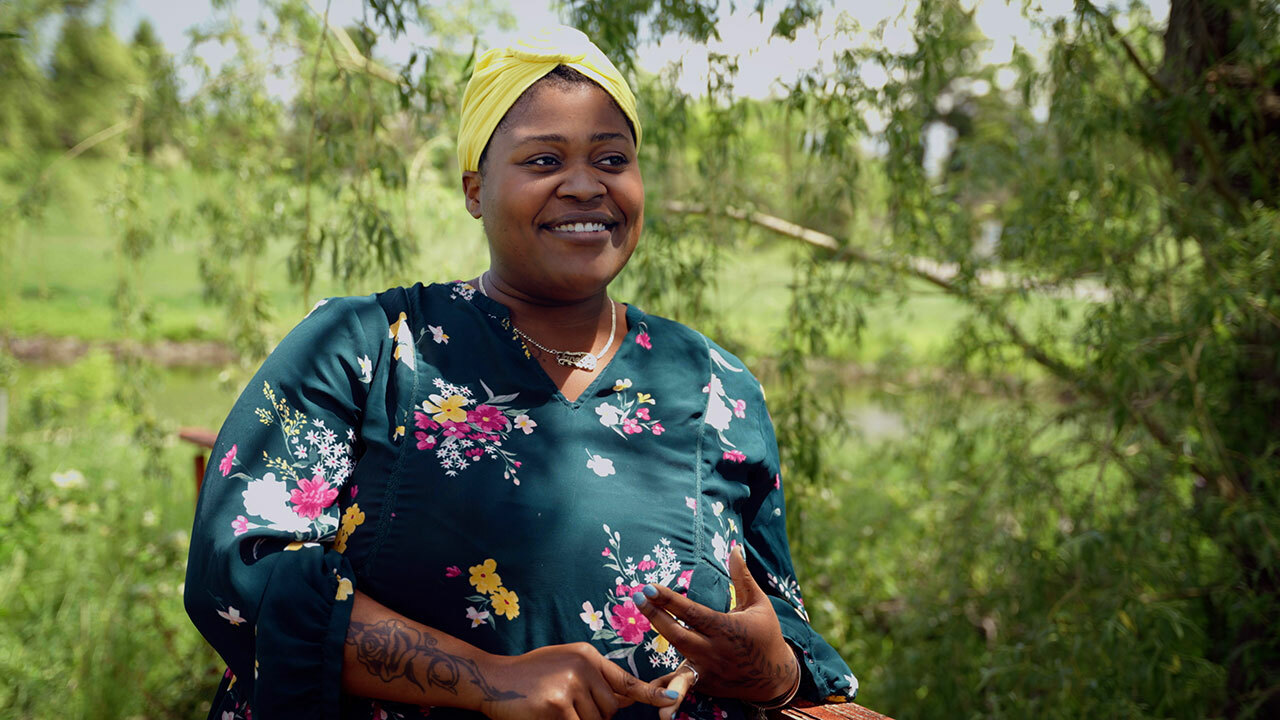
BPM: Your series features Black folks talking about a topic that many people would prefer not to discuss. How important is it to you that Black people and other people of color not shy away from these conversations?
Sophia: Interesting question. I actually think our community has been talking about gender often and in earnest. Whether it’s a conversation about how feminine our athletes need to present themselves, or how masculine our artists need to be — these conversations, at their core, are about gender affirmation and safety. To get to the heart of your question, I think the real culprit for silence is this conversation’s connection to the pain of white supremacist patriarchy. And as we all know, the only way for our humanity to see the light of day is for us to bring it forward in conversation and celebration with each other, as our ancestors have done for generations in every aspect of Black life.
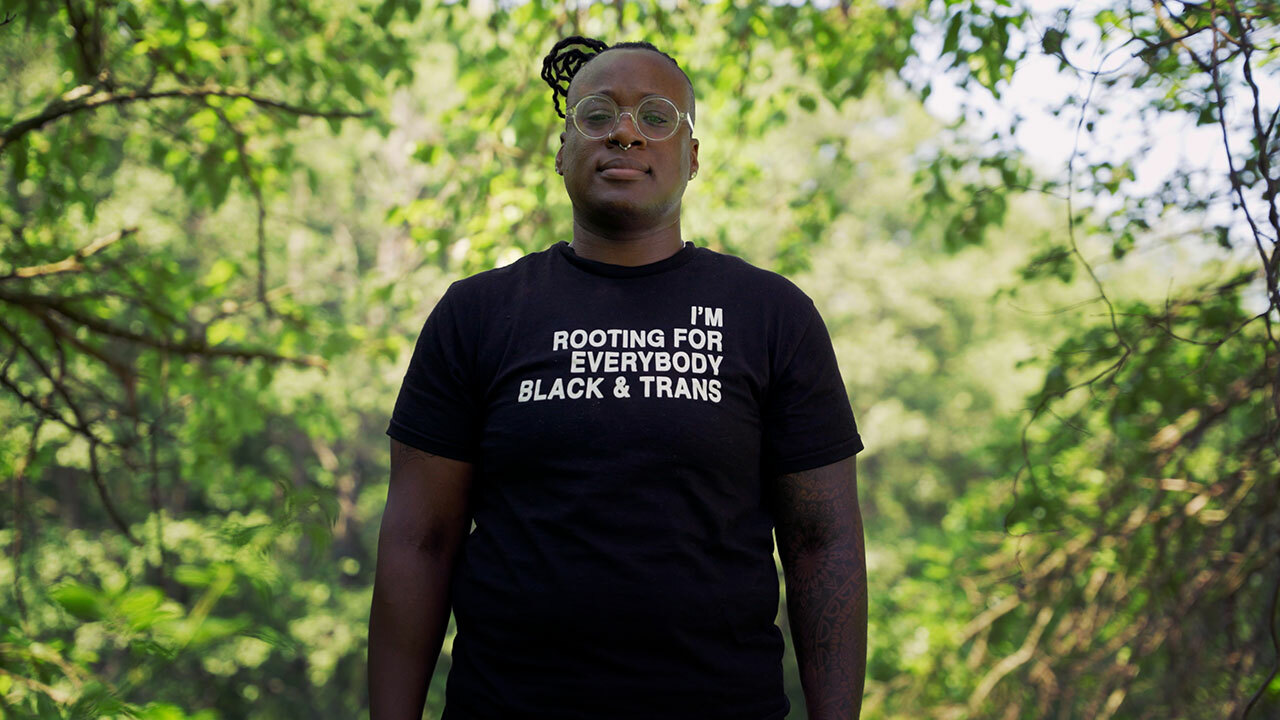
BPM: What does it mean to have your film featured in the PBS Short Film Festival? And what do you want audiences to take away from "I Am Who I Say I Am?"
Sophia: PBS was my first film family — and it’s the one platform that I think all generations feel they can enjoy together. To have the work accepted in the PBS Short Film Festival is such an affirmation for how relatable — across generations and state lines — the project is. I hope audiences see themselves in the questions asked and the conversations shared. And if not, I hope they see a path forward for themselves in whatever circumstance affirms them most. And I hope the path forward is simpler and more joyful than they originally thought.
Be Heard: I Am Who I Say I Am
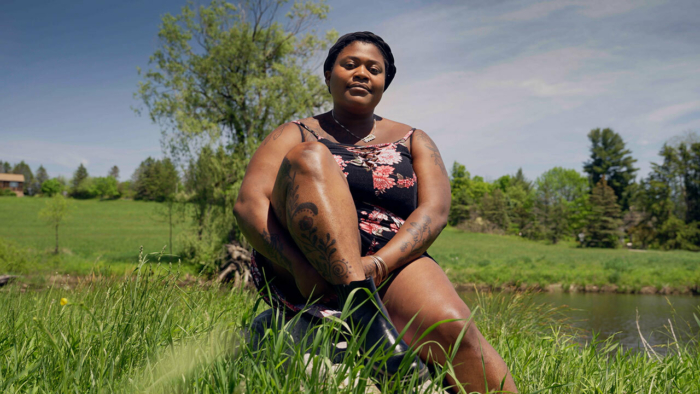
About the Author
More like this
Visit the Behind The Lens Blog